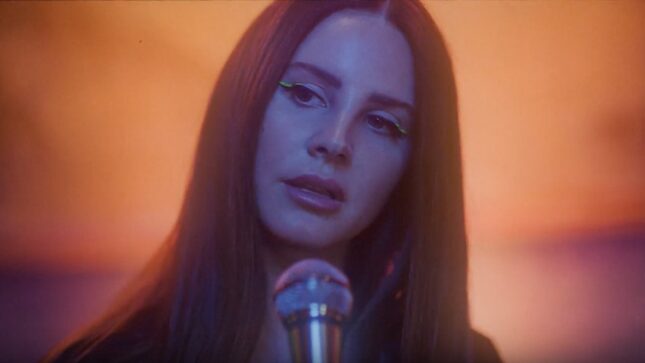
Image: Getty
Lana Del Rey built her career on a collection of scattered, kitschy Americana imagery, cooing in Marilyn Monroe pastiche about blue jeans and Pepsi Cola. It earned her an unworthy reputation as a character (and the bizarre fascination with her fake name and fudged backstory didn’t help either), just a shallow curator of vintage sounds and feelings. But she used her references, clinging to biker boys on the open road, interpolating the chorus of “He Hit Me and It Felt Like a Kiss,” sharply as a songwriter, recognizing the darkness of American pop culture. With every album, the white picket fence bordering her oeuvre got more and more battered. By the time she explicitly asked, “Is it the end of an era? Is it the end of America?” on Lust for Life’s “When the World Was At War We Kept Dancing,” she’d been asking the same in her music, in different ways, for her entire career.
-

-

-

-

-

-

-

-

-

-

-

-

-

-

-

-

-

-

-

-

-

-

-

-

-

-

-

-

-

-

-

-

-

-

-

-

-

-

-

-








































